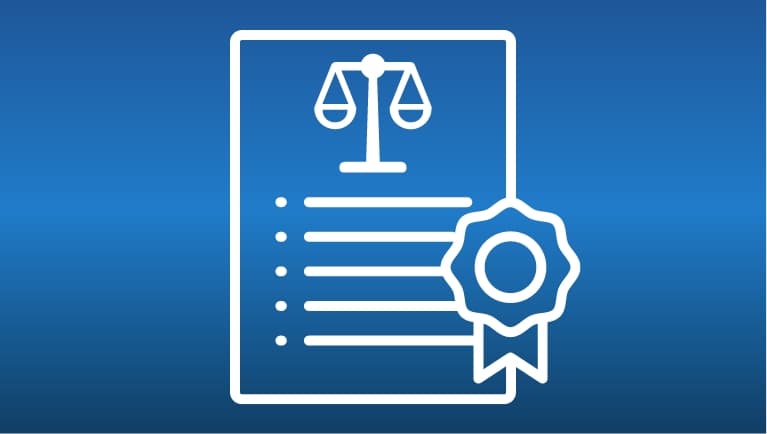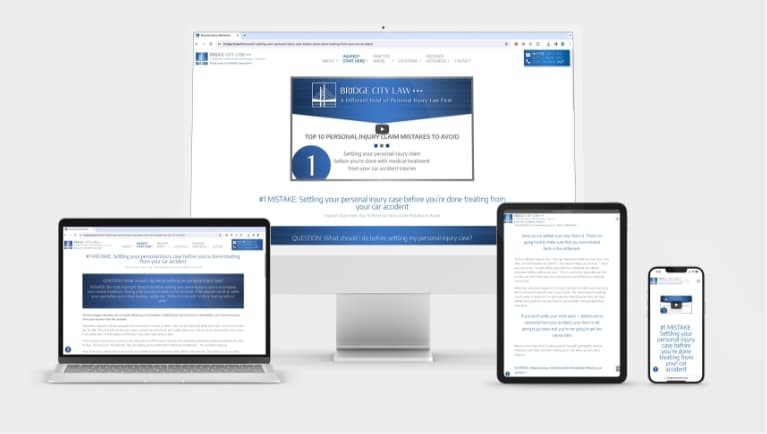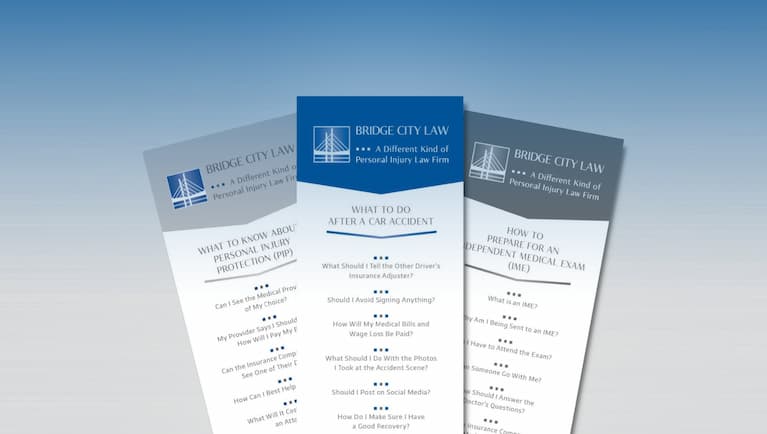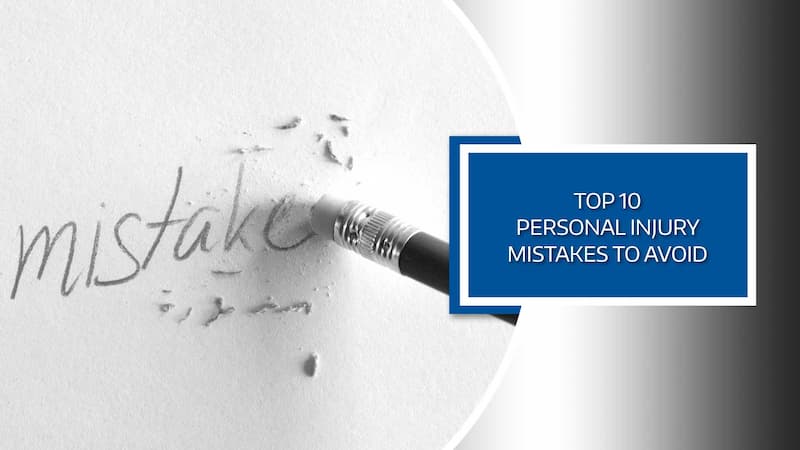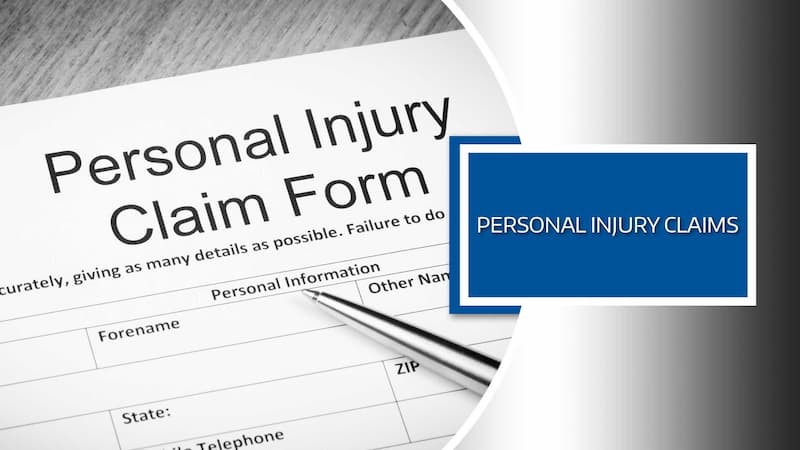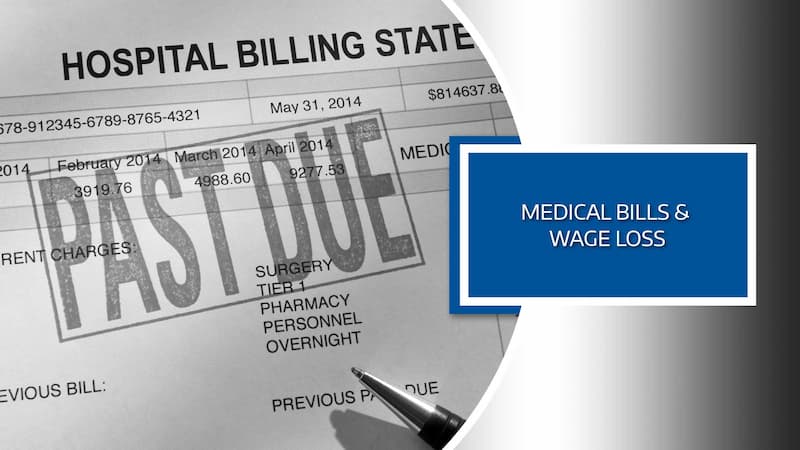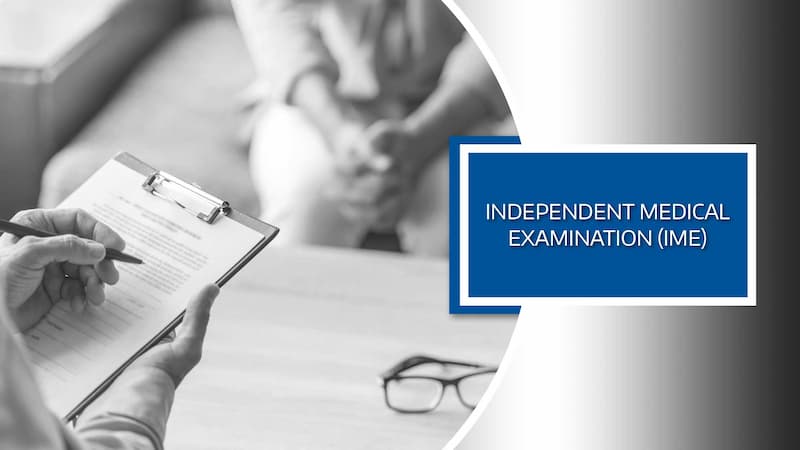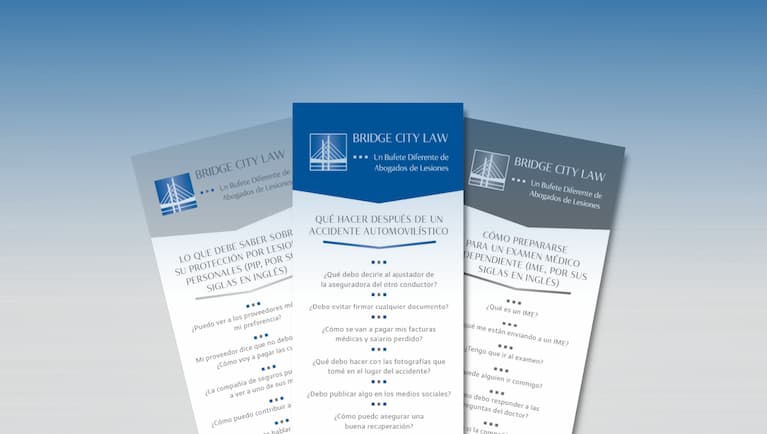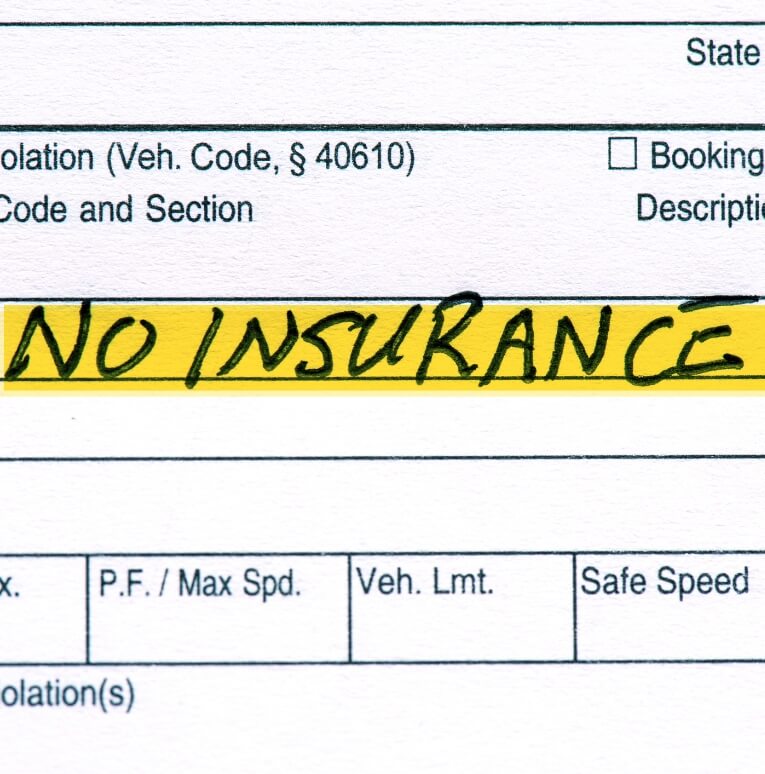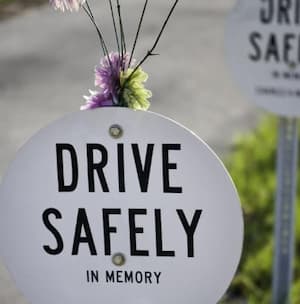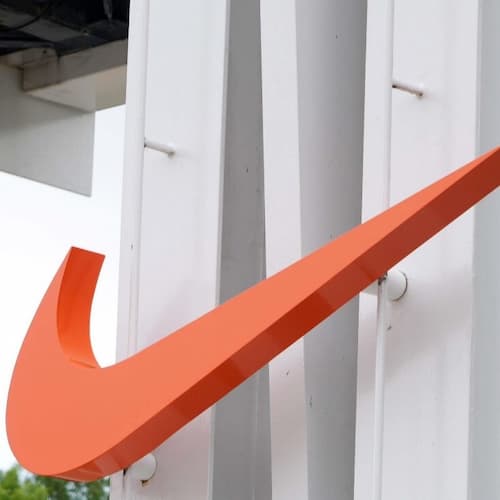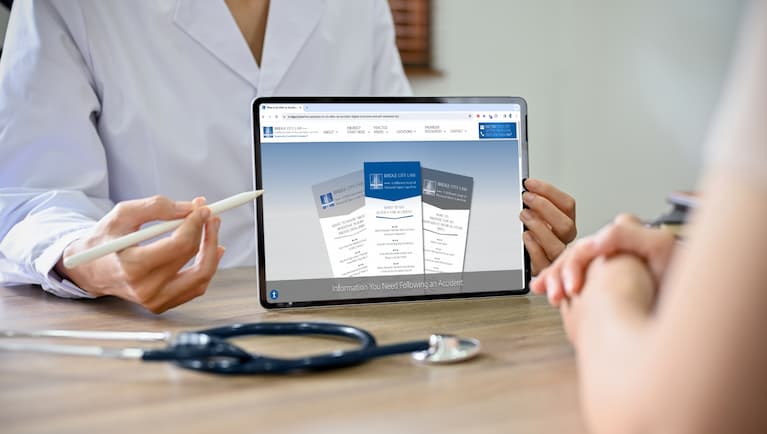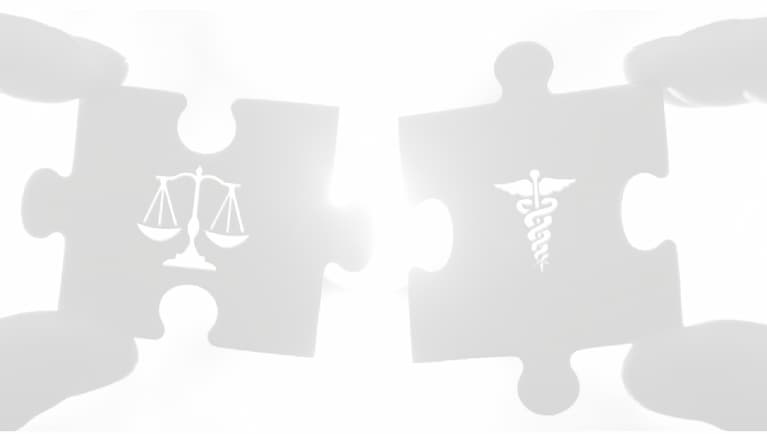#1 What is the critical information I need from patients to help them following a car accident?
QUESTION: How can I get the critical information I need from my patients to help them following a car accident?
ANSWER: To gather the essential information from your patients about their car accident and injuries, ask detailed questions about past accidents, injuries and similar treatment in various ways. This ensures that you’re getting a complete and accurate medical history for your patient’s personal injury claim and that the information you get supports your treatment plan. Being aware of the details of your patient’s accident and their prior injuries and treatment are critical to their care and their claim.
What is the critical information you need from your patients to help them following a car accident?
Making sure you have an accurate picture of your patient’s medical history and the details about their car accident — especially how fast the other car was going when they hit your patient. It can be challenging to get accurate and complete information about an auto collision when meeting with a patient for the first time, but it’s critically important to their personal injury claim that you do.
When we meet with a potential client, during our first meeting, we always ask about the details surrounding their accident and also if they’ve had any prior similar injuries or problems with their neck or back in the past. It’s not unusual for us to receive incomplete and inaccurate information at the beginning of the conversation.
It’s only after asking the same question in a couple of different ways do we get the information about their accident that we need to advise and guide them through the personal injury claim process.
Here are a couple of typical conversations we have with new clients when asking questions to learn more about their car accident and their injuries.
“How fast was the other car going when it hit you?“ They’ll respond with, “Thirty miles an hour.” Then we’ll ask, “Did you see the car at any point in time before the impact?“ “No.”, is often their response. Then, we’ll say, “How do you know how fast they we were going?“ “Well, it felt like a hard impact.” Or another response we often get is, “that’s the speed limit.” So, their answer of 30 mph was simply their opinion and the truth is they didn’t really know how fast the other car was going — and that’s the important information we need to know.
Another example is when we ask about a client’s injuries. We’ll ask, “Have you ever had an injury to your neck or back before this accident? “No.”, is oftentimes their answer. Then we’ll ask, “Have you ever seen a chiropractor before this car accident?” “No,” they reply. “Have you ever had an on-the-job injury?” “Oh yeah.”, they say. And then we’ll ask, “Were you injured?” “Yes, I was.” “And what happened?” “ I hurt my neck and my back and was treated by a chiropractor and a massage therapist.”
What we’ve learned over decades of having these critically important conversations with our clients is that It really does come down to the art of asking the right questions and also framing the questions in different ways, so that you get a thorough and complete response.
It’s not that their first responses weren’t honest. The reason we got different answers is that we all store information and retrieve it in varying ways. This is why we vary the ways we ask the same question.
The key is not just asking the question in just one way and expecting to get a complete and accurate answer.
To protect your credibility as a medical provider and get accurate information to help protect your patient’s claim, remember to ask the critical questions in two or three different ways. This will protect your credibility, protect your patient’s rights, and provide the information needed so that you’re paid for the medical treatment you provide.
We’re here to be a bridge of support for you and your patients.
We have developed a robust library of information for your patients who have been injured in an accident, which can be found in the INJURED? START HERE portal on our website.
There are 40 topic-focused articles, with accompanying videos, organized into the four categories that include the personal injury claim-related questions we’re asked most often, which include:
- Top 10 Personal Injury Claim Mistakes to Avoid
- What You Need to Know About Your Claim
- How Are My Medical Bills & Wage Loss Paid
- How to Prepare for Your Independent Medical Exam
Each article provides advice and guidelines to help your patients navigate each phase of the personal injury claims process. Whether we represent your patient or not, we are passionate about them knowing how to protect their rights, get the medical care they need, and avoid the mistakes that can harm their personal injury claim.
Each article provides advice and guidelines to help your patients navigate each phase of the personal injury claims process. Whether we represent your patient or not, we are passionate about them knowing how to protect their rights, get the medical care they need, and avoid the mistakes that can harm their personal injury claim.
Additionally, if it would be helpful to have the information we feature on our website available in your office to pass along to your patients, we’ve developed brochures for each of the four article series -- in both English and Spanish that we’re happy to send to your office. Please complete the form below and we’ll get them out to you promptly.












